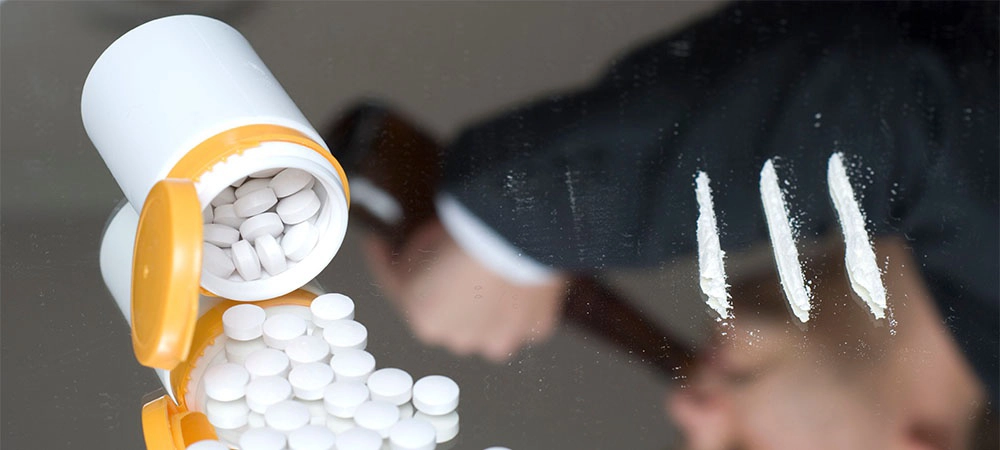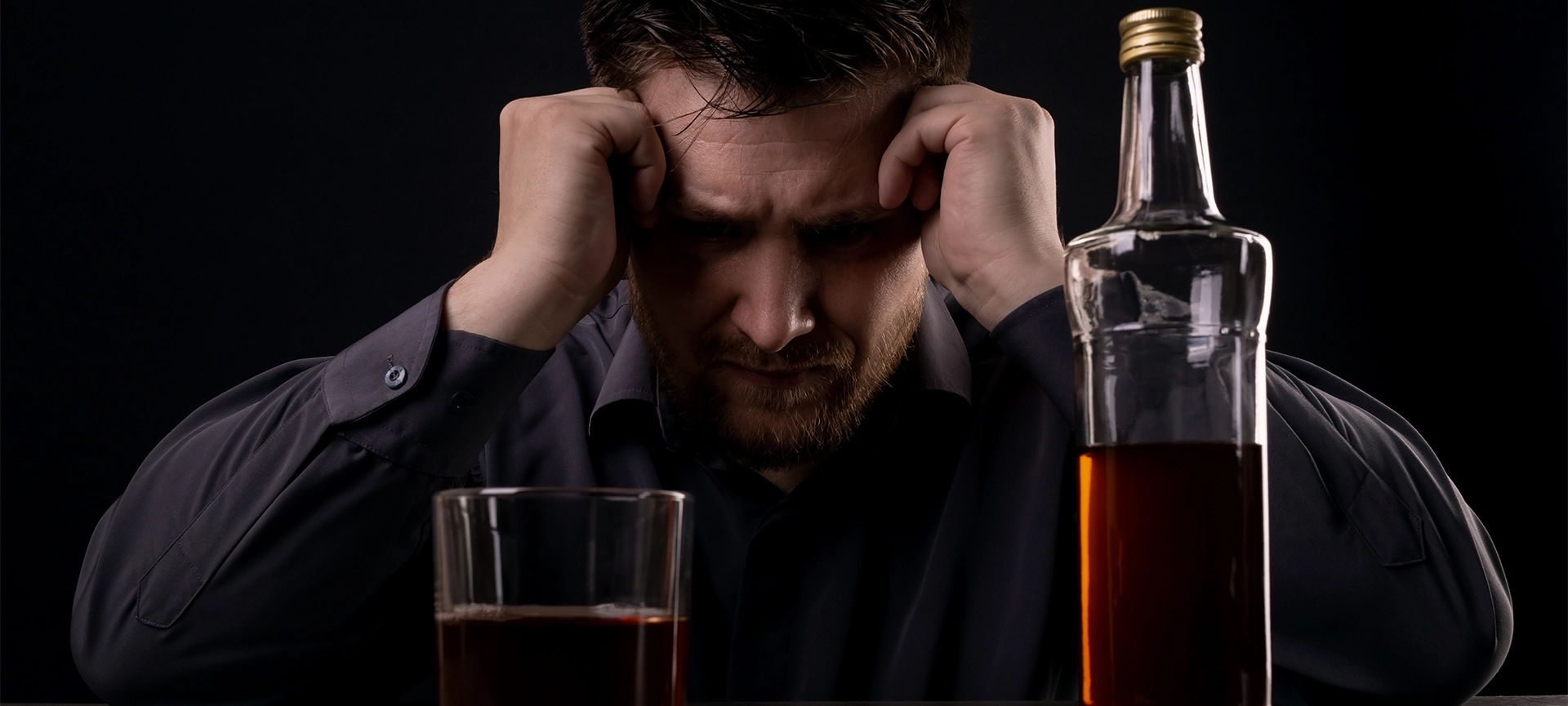Indigenous Addiction Treatment Toronto
Addiction in Indigenous Communities
Everyone has a history, a story that belongs to them. A story that is specific to their life and experiences. The Indigenous community has experiences that have built their life story. Residential schools, the loss of land, access to resources, isolation, and separation, are all factors that have played a part in chapters of the Indigenous population’s stories, each leading to the repercussions on the health and well-being of Indigenous people.
Residential Schools
Residential schools were a major interference in the freedom of thousands of individuals and communities, which have traumatized and left indigenous people with struggles they will face for the rest of their lives for those who survived. In these schools, their culture was ripped away from them and destroyed. Children were taken from their families and their homes, leaving them with a feeling that they didn’t belong anywhere. The indigenous people have endured the agony of abuse, and these traumatic experiences are a major precursor to the cycle of addiction.
A common motive for alcohol and or drug abuse is to seek euphoria, an experience that takes you away from your everyday life, an escape. Trauma is a leading cause of the urge to seek that escape, and when trauma is endured at such a young age based on experiences, the brain will develop and lead to unhealthy coping skills to deal with the pain they suffer.
With the many forms of substance abuse, it has been identified that alcohol is the principal form of addiction with it being the cause of death of 43.7 for every 100,000 Indigenous Canadians.
Addiction Issues the Indigenous Community Faces
Indigenous communities from the west to east of Canada face drug and alcohol abuse struggles. Indigenous communities and everyone in the population face many issues in terms of alcohol and drug abuse. Beliefs stemming from the Indigenous population link with their historic heritage of healing which is commonly shut out from the eye of addiction treatment centres and services, leaving the indigenous community excluded from most drug and alcohol rehabilitation centres. The increasing proportions of drug and alcohol abuse in Indigenous communities continue to grow over all other populations. Young adults in the Indigenous community are at particular risk for exposure and drug and alcohol misuse. With this, the worry of trauma based on experiences in residential school, proceedings to mental health care, and stigma come into play. These concerns go back generations and are beginning to enter the cycle of addiction, with mental health struggles and discrimination allowing fuel to this cycle.

Linking of Generational Trauma and Addiction in Indigenous Communities
Indigenous people experience the distress of addiction, to the extent of a large disproportion to the comparison of other populations. Young adults in the Indigenous community are at particular risk for exposure and drug and alcohol misuse. With this, the worry of trauma based on experiences in residential school, proceedings to mental health care, and stigma come into play. These concerns go back generations and are beginning to enter the cycle of addiction, with mental health struggles and discrimination allowing fuel to this cycle. This generational trauma arises when the trauma one faces is relayed from family member to member over the years that go by. Wherever the trauma comes from, whether it be through environmental factors or genetic bequest, however, it is obtained, this trauma can lead to negative ways of behaving, and leads to struggle with mental health conditions. This cycle of trauma just like the cycle of addiction can be difficult to interfere with assistance from treatment centres and other resources. This being said it is important that the indigenous have access to these resources, where experiences and roots of trauma are understood and able to be cared for.
Generational trauma is coped with through a variety of self-implemented strategies including addiction, with mental health disorders, addiction is defined as one. To conquer drug and alcohol abuse, first, the trauma must be identified to be able to work through both of these struggles.
How to Begin to Heal from Your Trauma and Addiction
Communication. When you can communicate with your friends and family, it helps allow you to feel heard and to address your trauma and addictions. When you share with your loved ones, it can help everyone involved understand and show compassion about all that one is going through. This is especially important and meaningful with generational trauma where your family has similar experiences as you. Feelings can be shared and affirmation of these experiences can feel accomplished. The first step in addressing your addiction is to recognize that it is there, and the next step is to address your trauma and understand the links and habits to these coping mechanisms.

In-patient Addiction Treatment Approaches for the Indigenous Population
When comparing rates of alcohol and drug abuse, we can identify that it is more ubiquitous among the Indigenous population, likely stemming from traumatic experiences through residential schools, having to cope with discrimination, and lack of resources. The path of recovery is different for everyone. Everyone person is different, and everyone’s experiences are different. When identifying treatment plans and strategies that will be most effective for the person addicted to drugs or alcohol, or whatever their addiction may be, it is important to take into account that addiction treatment for Indigenous people will be one in a centre that respects the integrity of the belief system of the traditional medicine, in an atmosphere that fits it best.
At Addiction Rehab Toronto the approach to alcohol and drug rehabilitation we take is at an addiction treatment centre, where a treatment plan is designed and tailored to each individual that walks through our door. The treatment plan is created by a team of professionals including healers, shamans, and Western medical practitioners. Treatment that we provide includes support with the transition from traditional indigenous medication. With additional support by means of therapy, group counselling, spiritual healing, wellness activities, and more. We also have treatment that supports the indigenous communities, allowing for natural remedies including a sweat lodge ceremony. After the rehabilitation phase is over, the transition to home can begin gradually.
…
We at Addiction Rehab Toronto, understand that accessible treatment options in Indigenous communities can feel impossible. For this reason, we make it a priority to provide accelerated access to care for Indigenous peoples. We tailor our treatment plans specific to each individual, and your rehabilitation plan will be built with the respect your culture and needs deserve.
Call us today, we are here to help
FOR IMMEDIATE HELP – CALL US 1-855-787-2424
Or email us at: help@addictionrehabtoronto.ca







